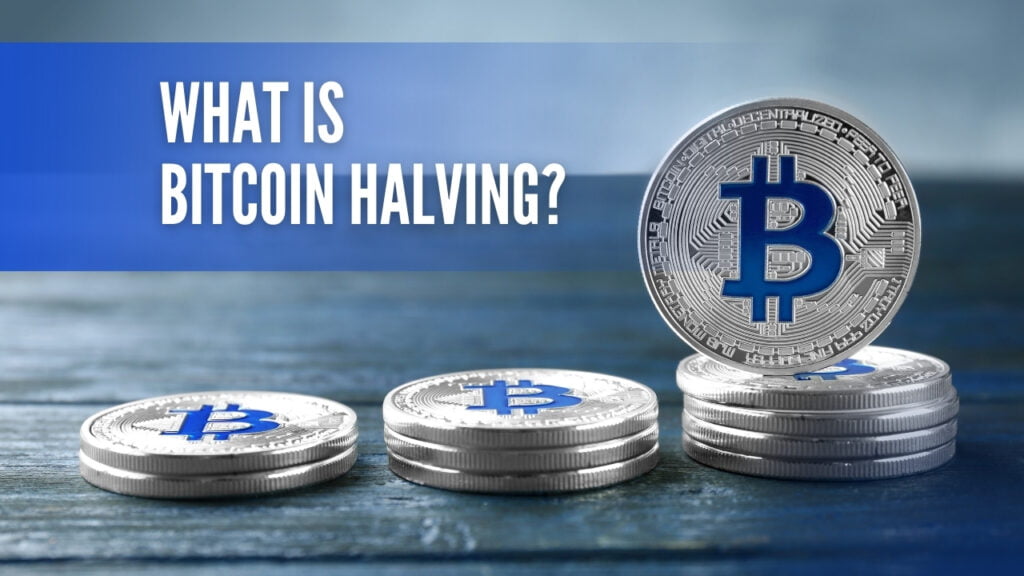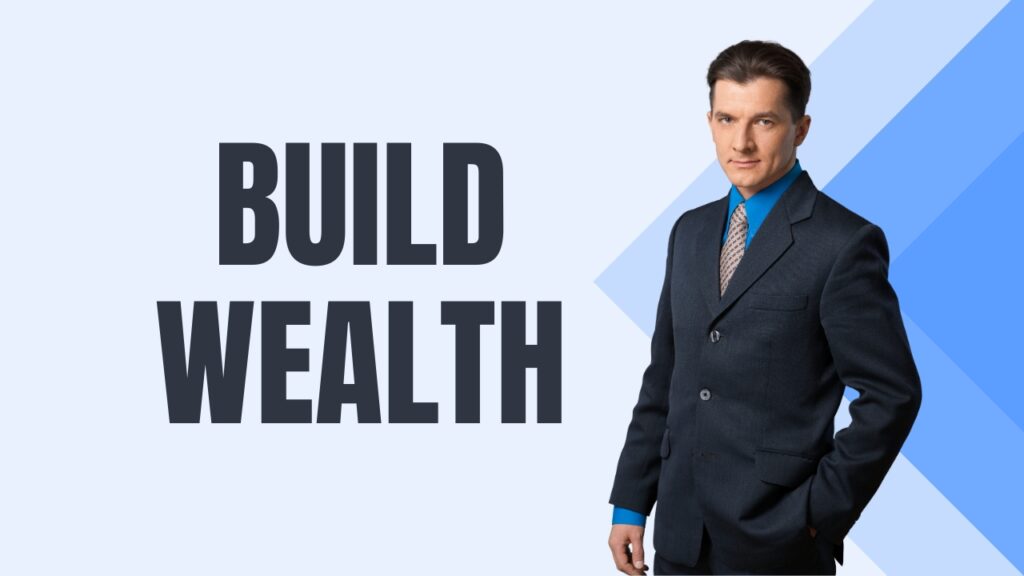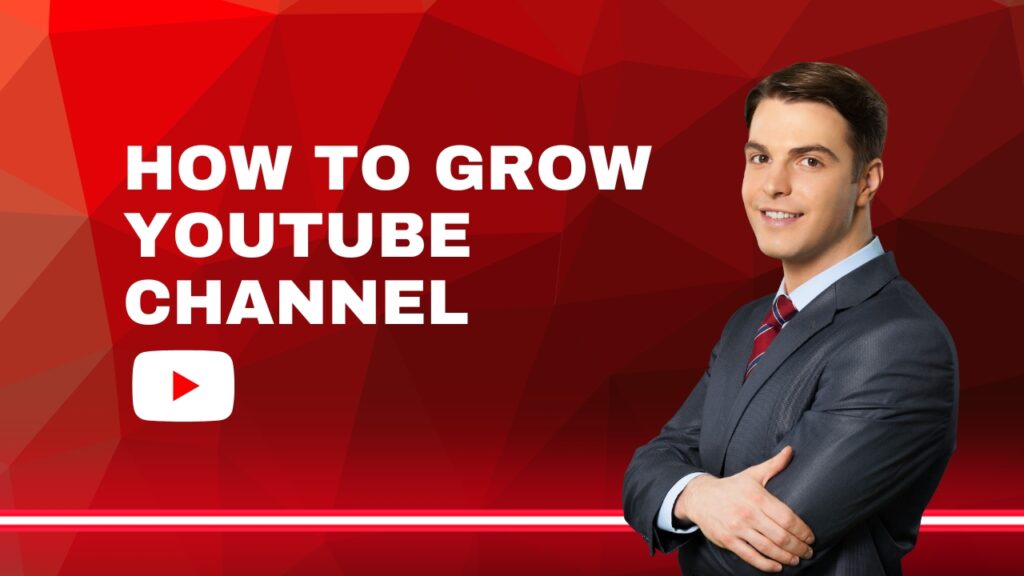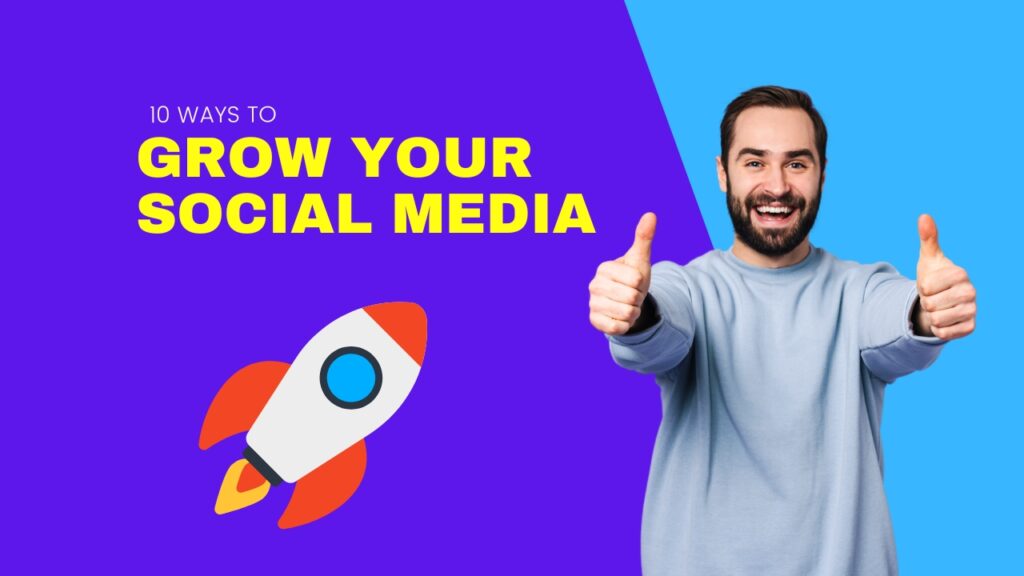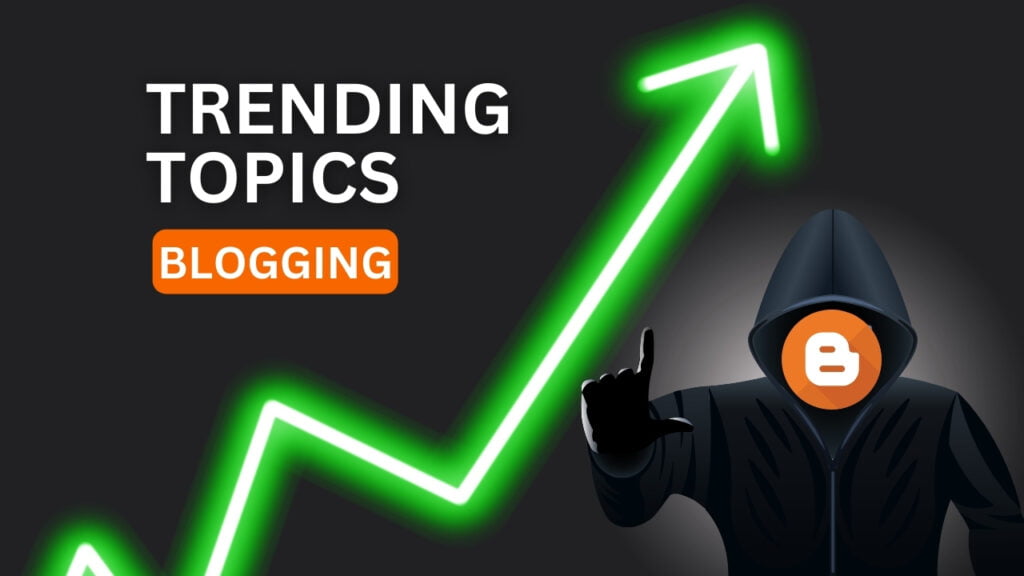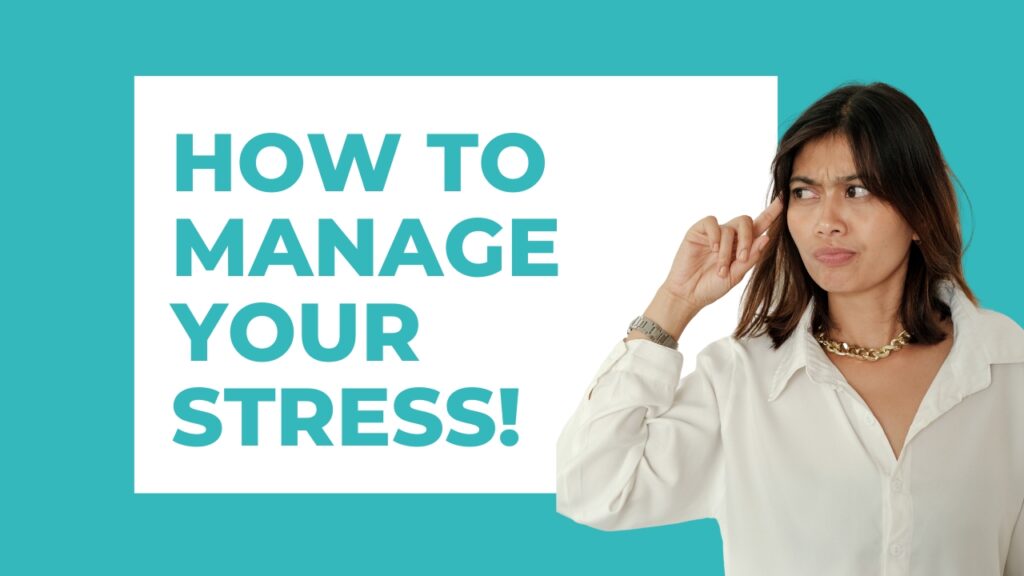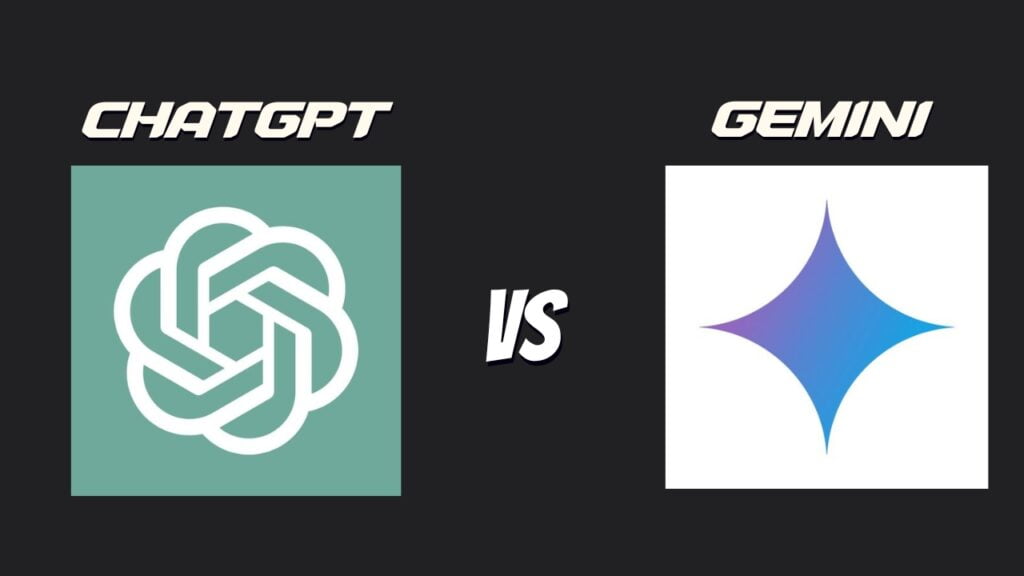Copyright is a legal concept that plays a pivotal role in safeguarding the rights of creators, artists, authors, and innovators. In essence, it provides a framework for creators to protect their intellectual property from unauthorized use and exploitation. This article aims to demystify the concept of copyright, shedding light on what it entails and how it benefits society.
What is Copyright?
Copyright is a legal protection granted to the creators of original works, giving them exclusive rights to reproduce, distribute, display, and perform their creations. These "works" can encompass a broad range of creative expressions, such as literary works, music, art, software, and much more. The primary objective of copyright is to encourage the creation of new works by providing creators with an incentive – the promise of protection and potential financial gain.
Key Aspects of Copyright:
- Exclusive Rights: Copyright grants creators the exclusive right to control the use of their works. This means that others cannot reproduce, distribute, perform, or adapt the work without the creator's permission.
- Limited Duration: Copyright protection is not indefinite. The duration of copyright protection varies from country to country but typically lasts for the lifetime of the creator plus 50 to 70 years. After this period, the work enters the public domain and can be freely used by anyone.
- Originality Requirement: Copyright only protects original works. It does not protect facts, ideas, or concepts. To be eligible for copyright protection, a work must be independently created and display a minimal degree of creativity.
- Automatic Protection: In many countries, including the United States, copyright protection is automatic upon the creation of a work. There is no need to register the work with a government agency, although registration can offer additional legal benefits.
- Fair Use: Copyright law also includes provisions for "fair use" or "fair dealing." This allows limited use of copyrighted material without the creator's permission for purposes like criticism, commentary, news reporting, and education.
The Purpose of Copyright:
Copyright serves several crucial purposes in society:
- Incentive for Creativity: By protecting the rights of creators, copyright encourages the development of new and innovative works. Creators are more likely to invest their time and resources into creating when they know their efforts will be rewarded.
- Economic Value: Copyright provides creators with a means to derive income from their work, which, in turn, stimulates economic growth in the creative and cultural industries.
- Preservation of Culture: Copyright helps preserve and maintain cultural heritage by ensuring the protection of traditional and indigenous works.
- Public Access to Knowledge: Copyright law balances the rights of creators with the needs of society by allowing for exceptions like fair use and public domain access. This ensures that knowledge and culture remain accessible and open to the public.
Challenges and Controversies:
While copyright serves many important functions, it has faced criticisms and controversies in the digital age. Issues like digital piracy, lengthy copyright terms, and the impact on freedom of expression have led to ongoing debates about the balance between creators' rights and the public interest.
Conclusion:
Copyright is a fundamental concept in the world of creative and intellectual property. It provides creators with the necessary protection to benefit from their work and encourages the creation of new and innovative content. In today's digital age, copyright continues to evolve, adapting to new challenges while preserving its core purpose of fostering creativity and preserving cultural heritage. Understanding copyright is essential for creators, consumers, and society as a whole to navigate the complexities of intellectual property law.
